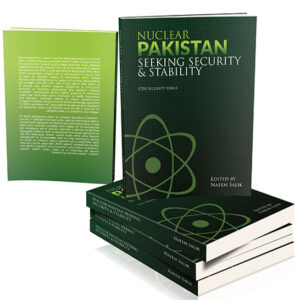Pakistan’s nuclear program has been mired in controversies since its very inception. When Pakistan decided to pursue a military nuclear capability as an insurance against future threats to its security and integrity in the aftermath of the 1971 debacle, the Non-proliferation Treaty (NPT) had already entered into force in 1970. Fortunately, Pakistan had kept its options open by not acceding to the NPT in view of India’s refusal to do so, and its pursuit of a nuclear weapons program was, therefore, not in violation of any international law or treaty obligations. However, its effort was seen to be in contravention to the fledgling international norms against further proliferation of nuclear weapons. Its plans to systematically build up its nuclear fuel cycle facilities were upended by India’s first nuclear test in May 1974 that triggered the introduction of increasingly stringent controls over exports of sensitive materials and technologies especially to countries suspected of pursuing military nuclear programs. Pakistan’s subsequent efforts to circumvent these restrictions and adopt unconventional means to acquire necessary materials and technology against the wishes of world powers created an image of illegitimacy that has refused to fade away. The revelations in 2004 of the activities of the AQ Khan network have further reinforced the negative view of Pakistan’s nuclear enterprise.
Complete book can be read here: https://ciss.org.pk/PDFs/Nuclear-Pakistan.pdf
